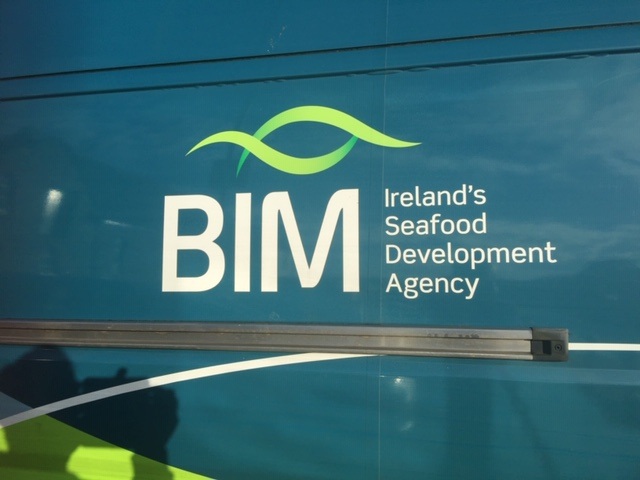In 2019 the Clean Technology Centre were commissioned by Bord Iascaigh Mhara (BIM) to develop a co-ordinated onshore marine litter management and characterisation programme for the catching sector, as part of the Clean Oceans Initiative.
The work came at an important time in terms of national and international focus on threats to the marine environment including reduction in biodiversity, overfishing, increase in sea temperatures and plastics pollution.
In addition to the existing work that BIM is carrying out in tackling marine litter, there are four important pieces of EU and international legislation that the objectives of this request for tender ultimately supports or feeds into, including:
- The Circular Economy Strategy, and in particular the Plastics Strategy for a Circular Economy
- Port Reception Facilities Directive
- EU Directive on the reduction of the impact of certain plastic products on the environment (also referred to as the Single Use Plastics directive (where sources of marine litter is prioritised)
- Sustainable Development Goals (UN SDGs (United Nations Sustainability Development Goals), in particular SDG 12 and SDG 14)
The sources and origins of marine litter/wastes are diverse. An estimated5 80% comes from land-based activities, with the remaining 20% from marine activities including the fishing industry, ferries, international freight, etc. In addition to locally generated waste, Ireland, due to its geographic position and the impact of the trade winds and gulf stream current, often ends up managing marine litter/waste that originates far away.
Consequently, in order to manage these wastes, it is important that a wide range of stakeholders are involved in its prevention and mitigation.
Finding ways to prevent, reduce, recover and reuse this plastic waste is challenging, but is now being tackled internationally. With 80% of all marine debris from surface waters to deep-sea sediments is plastics the recently completed EU funded Circular Ocean project focused on solutions for discarded fishing nets and ropes in the Northern Periphery & Arctic (NPA) region.
The Irish fishing fleet is already proactively addressing both the issue of marine litter and the on-board waste that is generated when vessels are out to sea. Much of this work is supported by BIM, in particular through the Responsibly Sourced Standard (RSS) scheme which is a third-party accredited product certification system. The RSS promotes best practice in environmental responsibility and management and, in particular, provides assurance to customers that seafood products have been fished responsibly, are of the highest quality and are traceable to the vessel.
The Responsibly Sourced Standard involves two aspects – a “Fishing Vessel Standard” for Irish fishing vessels and an “Onshore Handling and Quality Standard” for intermediaries such as co-operatives and processors through to the supply chain.
Having previously been involved with BIM during the initial stages of development of these EMS based standards, CTC believes this online system is an important engagement route for progressing some of the objectives outlined in the call for tender.
In addition to this initial work with BIM, CTC has work with BIM on a number of different projects and therefore has a good overall appreciation of the sector. Through the Green Seafood Business Programme CTC works with processors on improving their resource efficiency. CTC are currently partnered with BIM in the Interreg project Food Heroes which is looking at opportunities to take processing by-products and integrate them into the human food chain. Through its recent work on waste characterisation assessments of Fishing For Litter (FFL) and galley wastes, CTC has also worked directly with vessels, harbour masters and co-ops.
A detailed study was carried out by CTC and a final report was produced that made recommendations to support an integrated strategy for waste management and marine litter for the catching sector as part of the Clean Oceans Initiative. In addition, the report clarified on how the work can contribute to a national marine litter reduction strategy and what measures were required to bring this about.

